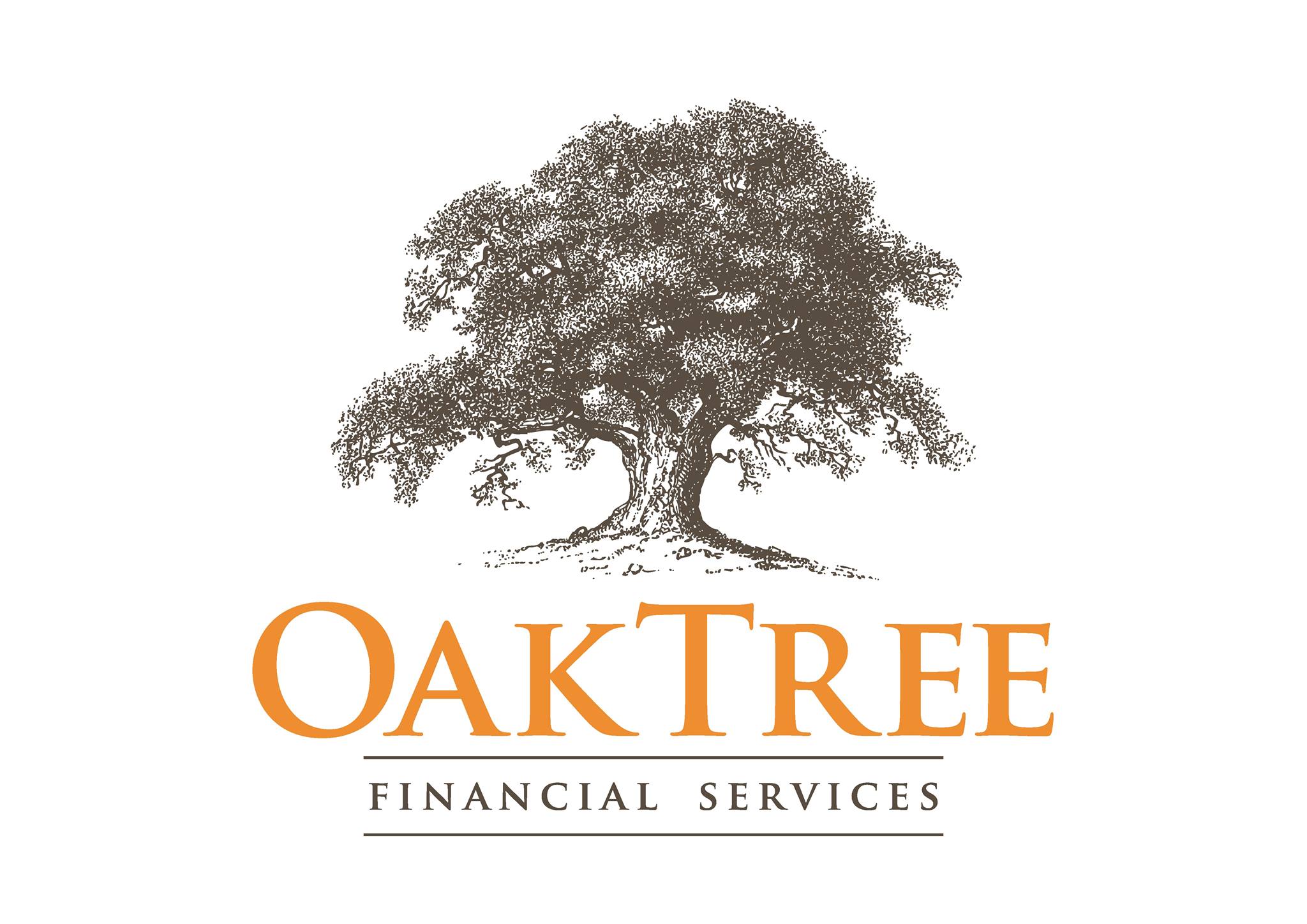The COVID-19-related recession of 2020 was just two months long, making it the shortest recession on record. Like all recessions, though, it impacted the lives of many. Now, as the economy is headed into another downturn, it’s a good time to review how to take advantage of the recession instead of letting it take advantage of you.
There were a lot of lessons to be learned for investors, plenty of whom saw their investment accounts flawed by selling in a panic. In some cases, if they had held onto their investments, they would have fully recovered and gone on to increase in value.
The first lesson of a recession is that it is always followed by a recovery that includes a strong rebound in the stock market. The second lesson is that investors do not have to sit idle as there are some investment strategies that can take advantage of recessionary forces to position a portfolio for a quick and strong rebound.
Key Points on How to Take Advantage of a Recession
- Recessions have always been followed by a recovery that includes a strong rebound in the stock market.
- When the market starts to plunge, it is time to take advantage by increasing your monthly contributions.
- Consumer staples manufacturers weather recessions well, and there are several options to invest in this area.
Use the Euro-Cost Average When Prices Decline
As with most recessions, you probably will not see the next one coming. But you will likely see a sell-off in the market well in advance of a recession. When that happens, remember the first lesson: The stock market will usually begin to bottom well before the end of the recession.
Knowing that, investors can take advantage of a declining market through the euro-cost averaging method of investing. If you make monthly contributions to a qualified retirement or savings plan, you are already using the technique. But when the market starts to plunge, it is time to take advantage by increasing your contributions.
When you euro-cost average your investing, you gradually reduce your overall cost in the unit price. Then, when the price rebounds, your cost basis will often be lower than the price. For example, if you invest €500 a month in a multi asset fund selling for €25, your contribution buys 20 units. If the unit price drops to €20, your contribution buys 25 shares. Your account now has 45 units with an average cost basis of €22.
As the unit price drops, your $500 contribution buys an increasing number of units and your cost basis continues to drop. When unit prices rebound, your contribution buys fewer units each month, but the current unit price is always higher than your cost basis. The euro-cost averaging method works best over the long term for investors who do not want to worry about how their investments are performing.
Invest in Consumer Staples
Even during recessions, consumers need to buy food, drugs, hygiene products, and medical supplies. These are consumer staples, which are the last items to be cut from the family budget. So, while companies selling high-end electronics and other discretionary products experience drops in revenue, companies selling food products and other basic necessities do not. Because of this, companies in the consumer staples sector are sometimes called defensive stocks, since they tend to remain resilient even when the economy falters.
The Bottom Line
Recessions are an inevitable part of being a participant in the financial world. They can be unpredictable and may also have a significant impact on many people. But there are ways to position yourself and your investments to be as prepared as possible for a recession. Focusing in on defensive plays like consumer staples stocks can help you to not only weather the storm of a recession but also potentially take advantage of it.
For more information about long term investment options please contact us by calling 025-30588 or book a complimentary chat here.

Tracy Sumstad is a highly qualified and experienced Senior Financial Consultant with over 20 years of expertise in the Finance Sector. Tracy is well-equipped to provide comprehensive advice on financial planning and corporate solutions. Her focus lies in helping clients identify their unique values and goals, empowering them to make informed financial decisions that protect and enhance their wealth and success.


